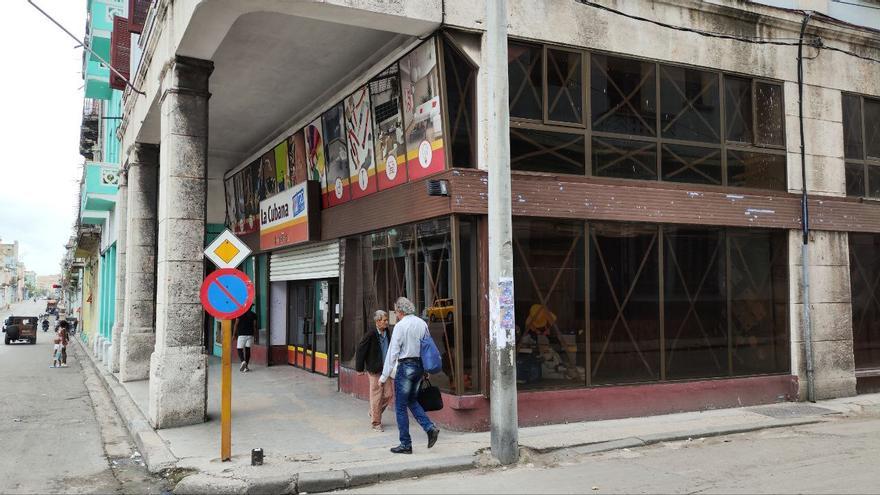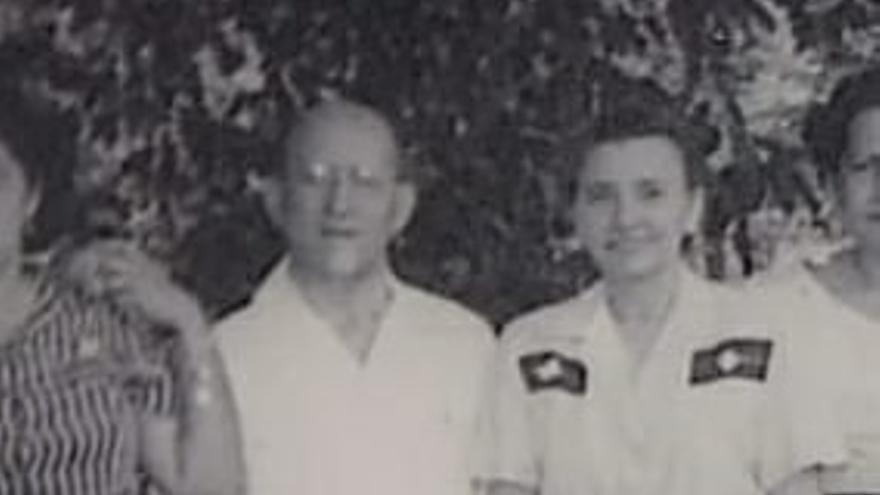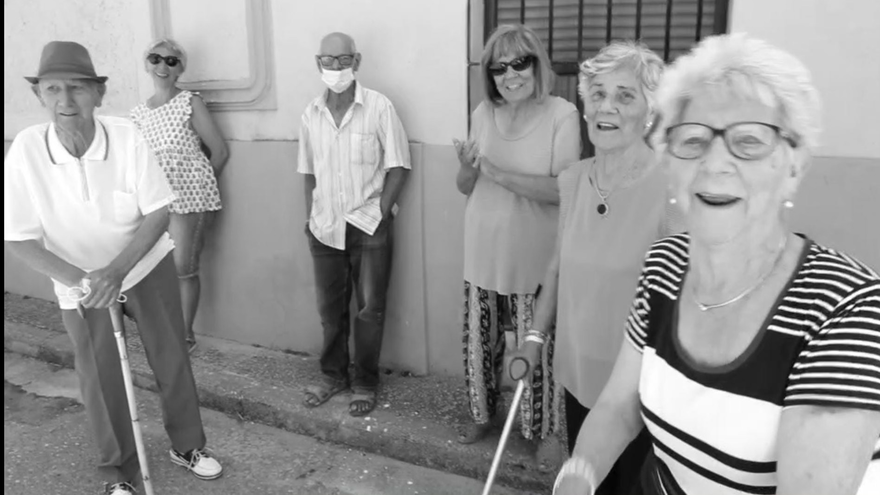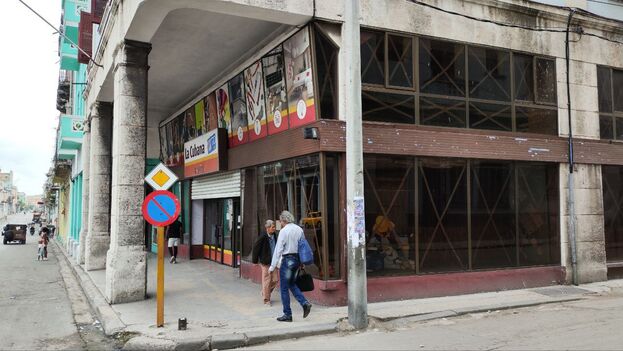
14ymedio, Havana, 18 February 2024 — No one calls the hardware store on the corner of Reina and Lealtad in Centro Habana by its official name: La Cubana. For all those who know the business, which was in its time the most important of its kind in Cuba, the place is called Feíto y Cabezón. The surnames of its founders, with some slight colloquial variations, transcended the nationalization, the plummet of the store’s offerings and even its reconversion to the current sales in freely convertible currency.
The documentary Cabezones, directed by the writer Luis Enrique Valdés Duarte, resident in Spain, and the actor Alberto Maceo, who lives in Germany, approaches the story of Nicolás Cabezón, a Spanish migrant who arrived on the Island with nothing but the clothes on his back and ended up creating the most famous hardware store in Havana. On February 24, the documentary will premiere at the Zorrilla Theater in Valladolid, Spain, and its filmmakers have responded to questions from 14ymedio. Both the words and the images captured in the short film speak of travel, entrepreneurship, dreams and absurdities, but also of stubborn, extremely “headstrong” people.

Question. Screws, washers and nuts. Isn’t this documentary a little far from the topics that both of you have dealt with previously, closer to art, literature and theater?
Answer. In reality, it’s a documentary about memory, emigration, the effort involved in leaving your land and raising your head in another, about injustices and freedom. They are topics that interest us a lot and can be discussed, because they take place among the screws, washers and nuts, as well as between grooves and curtains or on the docks of a shipyard. It is true that we seem to have moved away from our destiny, but we have not betrayed it: this is a documentary about the emotions awakened by all the topics mentioned.
Q. Where did you begin to unravel the theads of this story? From entrepreneurship to emigration, or did it begin with suitcases and continue towards the business world?
A. Curiously, the reason was in the name of that hardware store. Every time we passed by there we asked ourselves the same thing: why is it called Feíto and Cabezón if it is on Reina and Lealtad?, assuming that perhaps it came from the name of its corner, as was the case with so many Havana businesses. We had a theory that perhaps the hardware owner had those physical characteristics (cabezón means a “big head”) and didn’t mind being called that affectionately. But nothing could be further from the truth.



